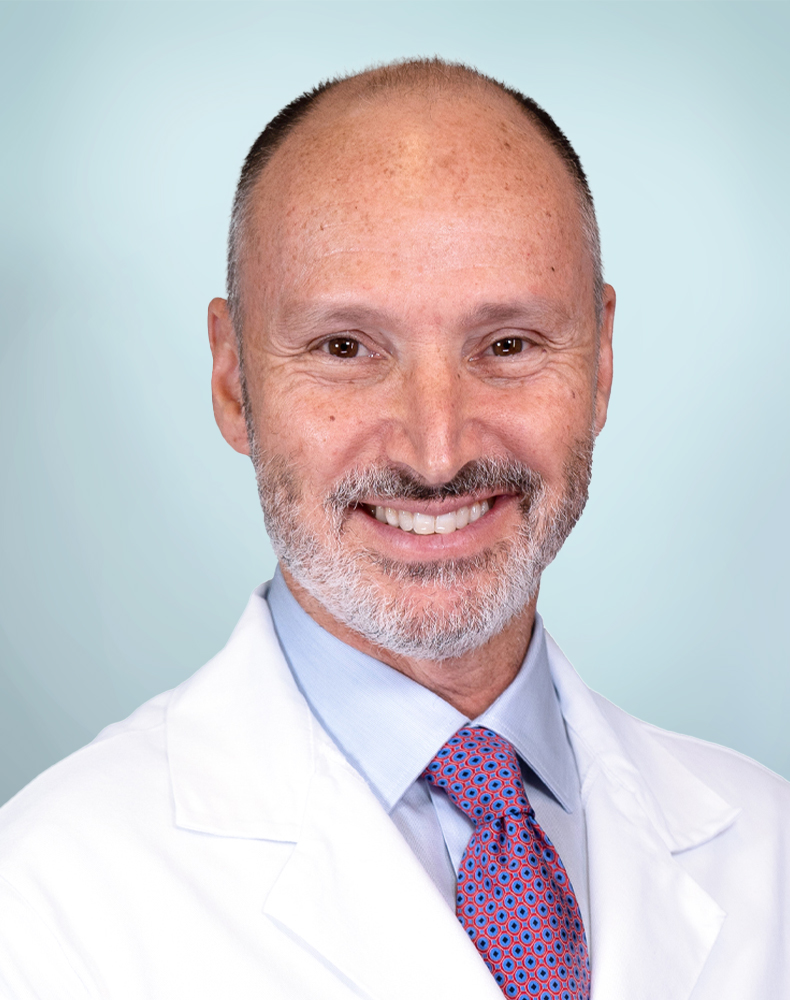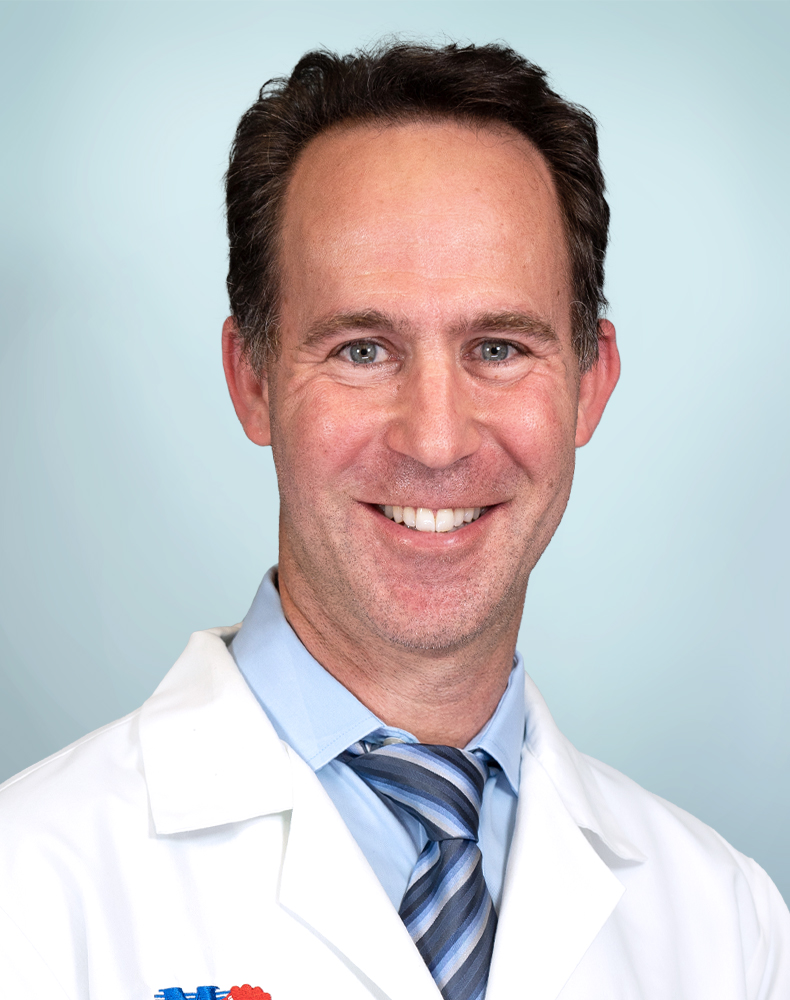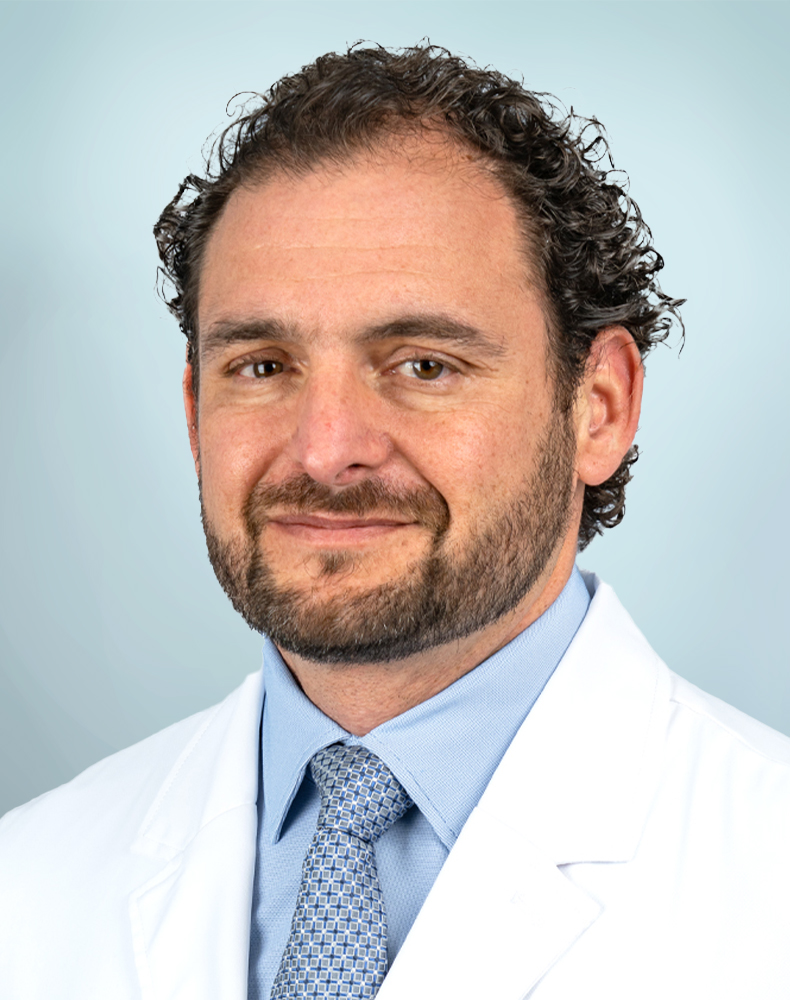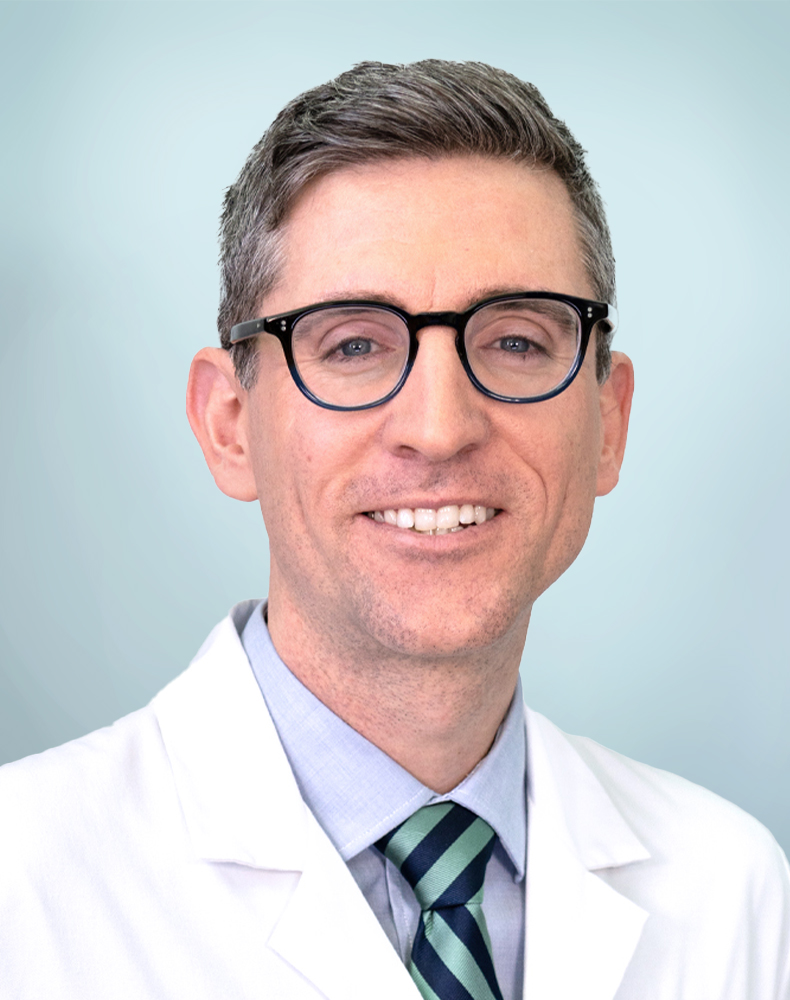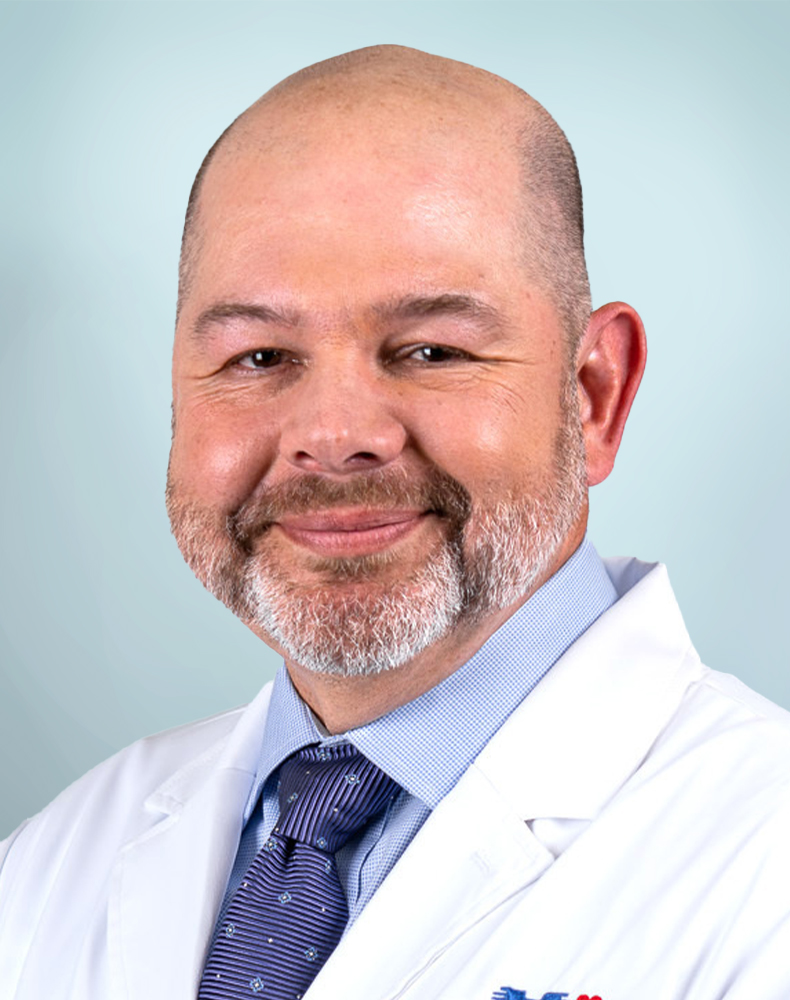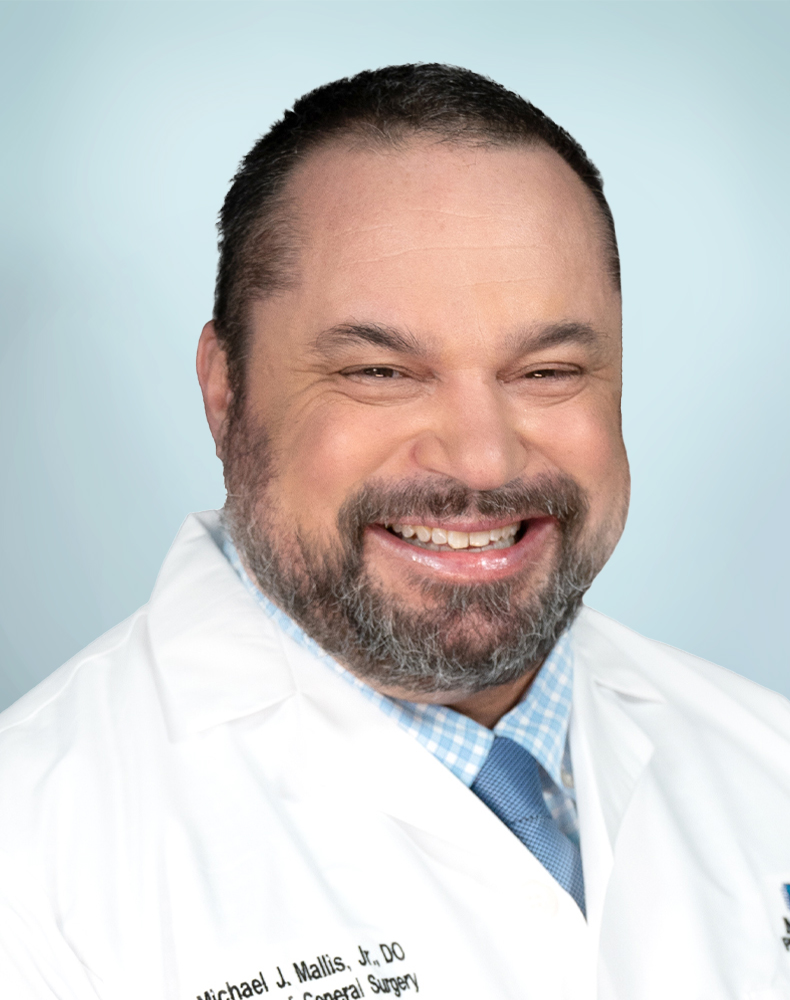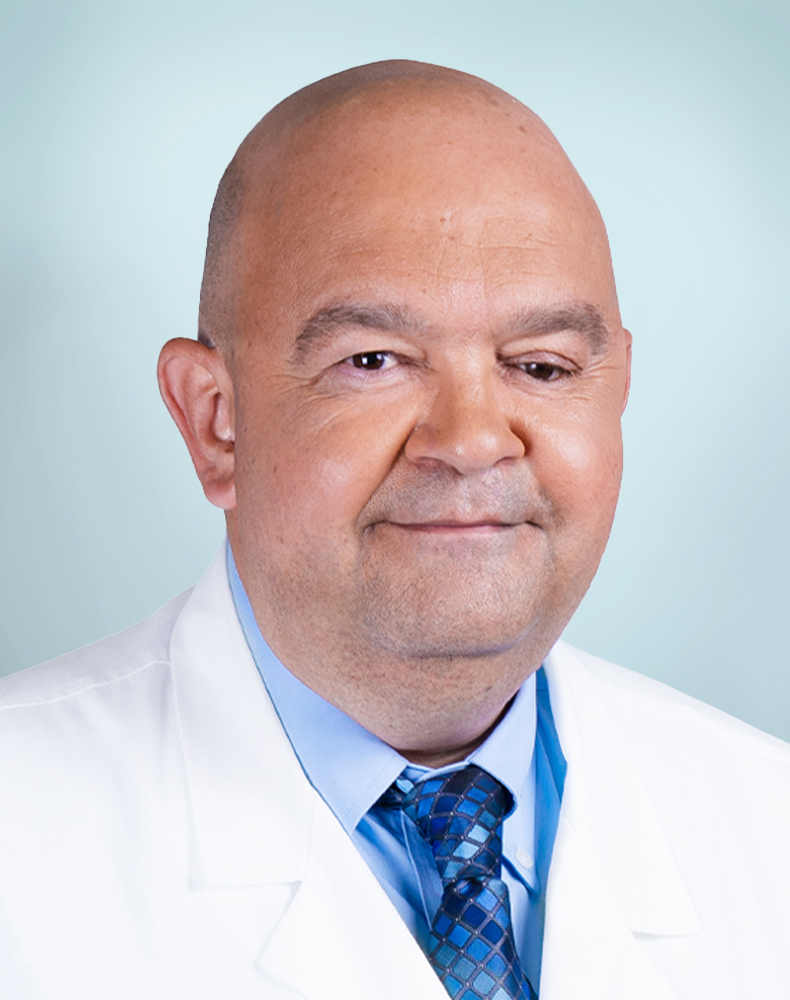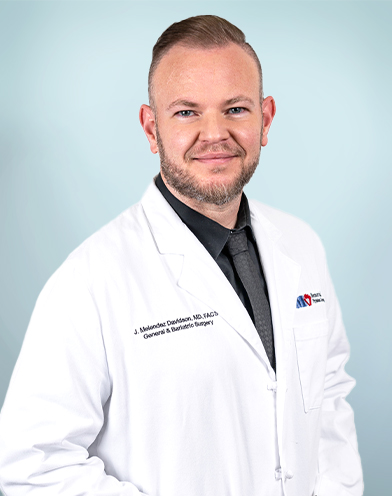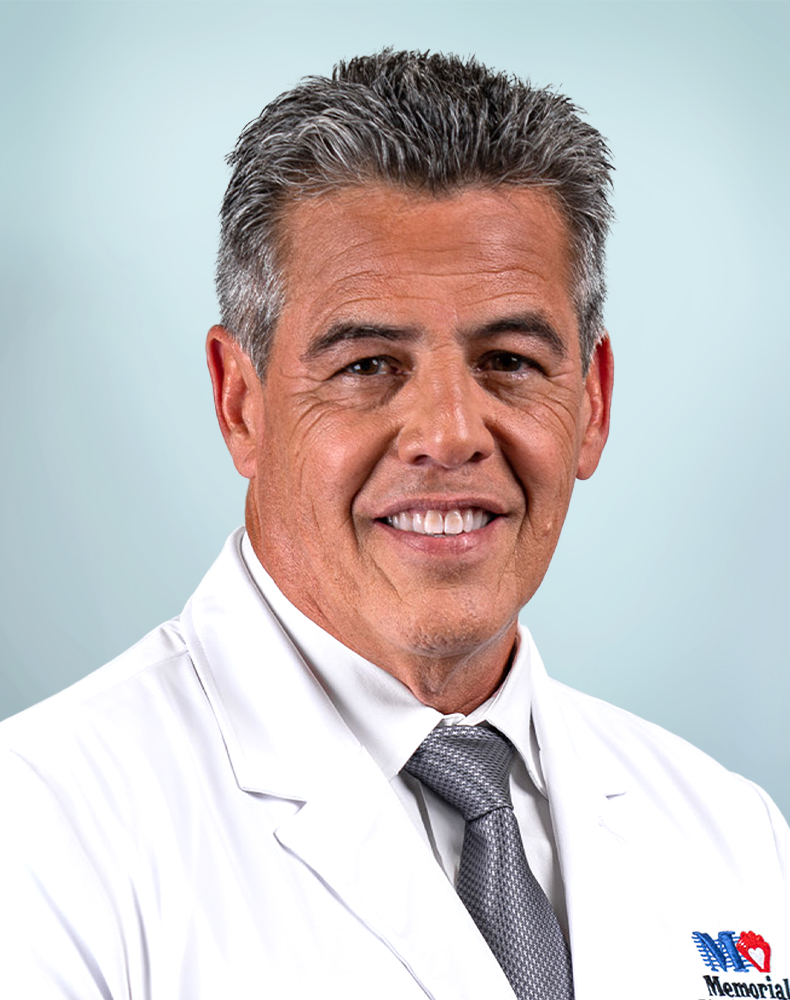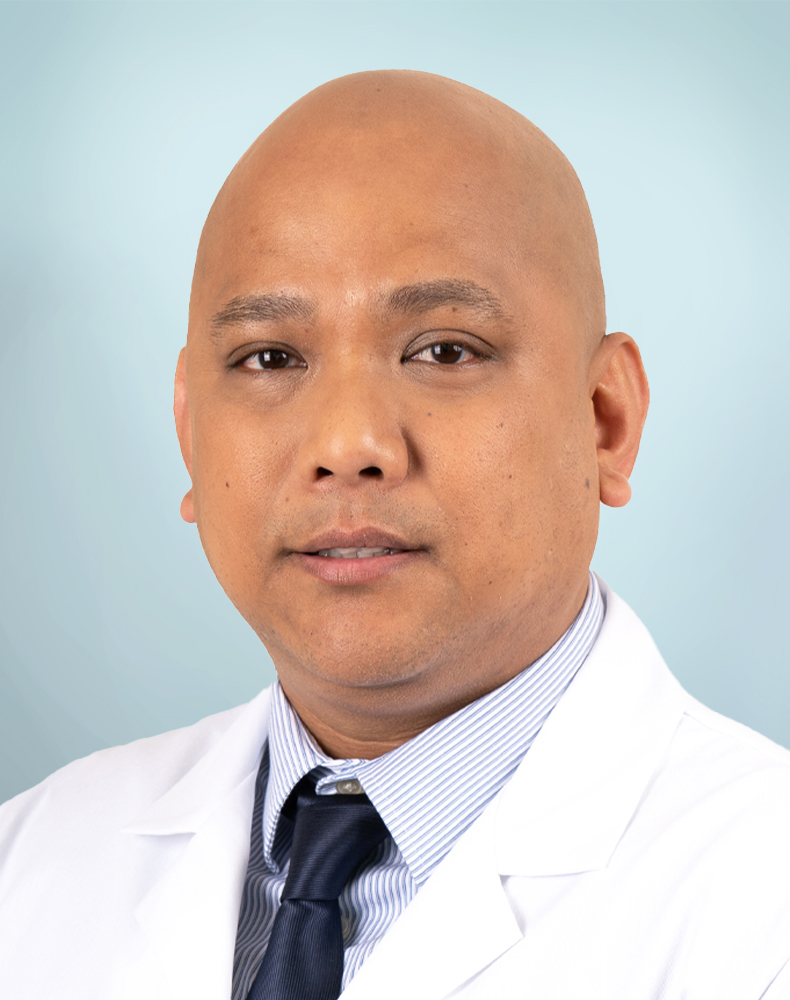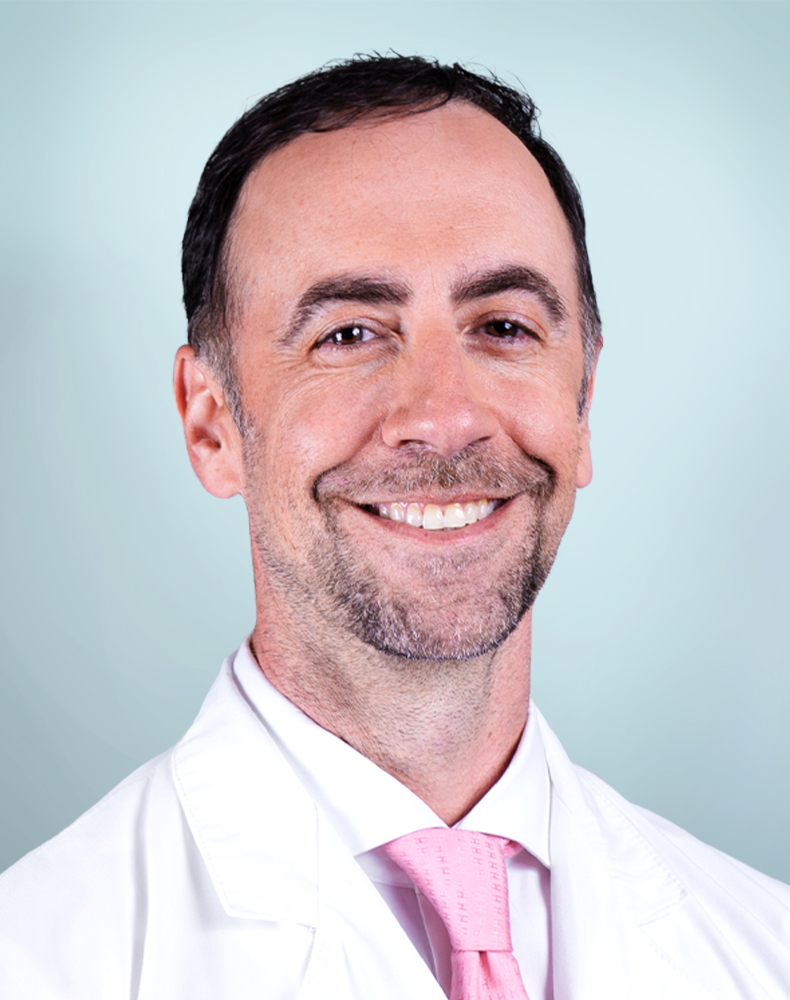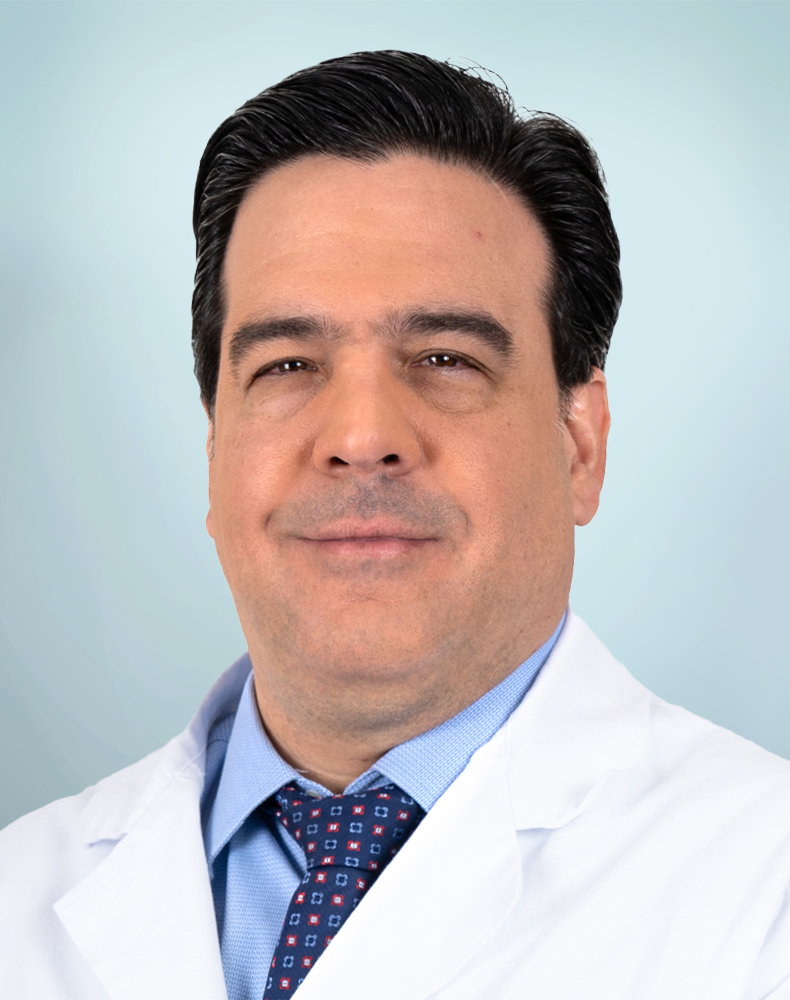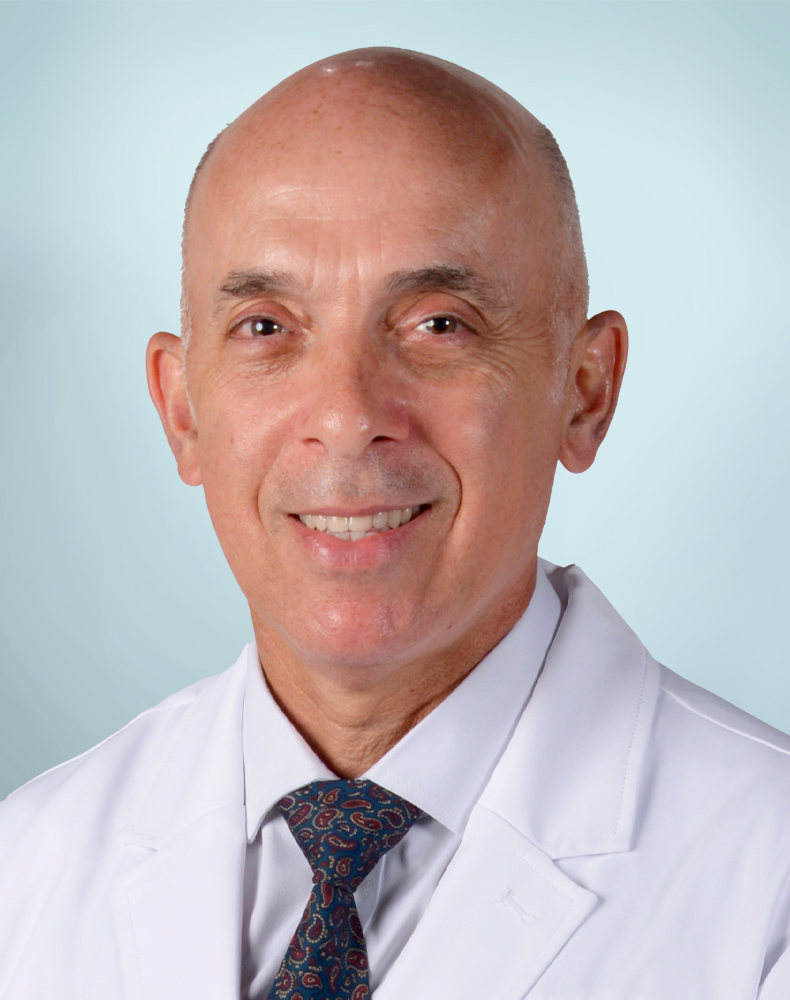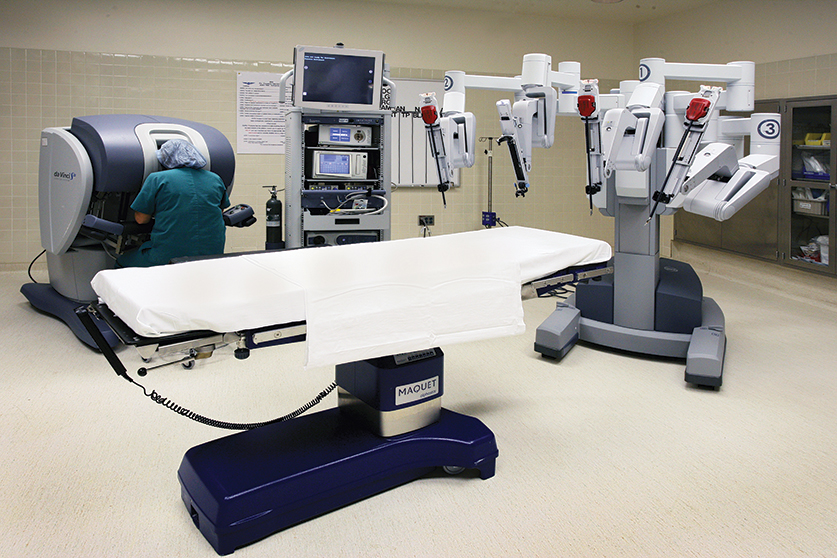
Advanced Minimally Invasive Surgery
Our surgeons have advanced training and experience in minimally invasive surgery, so you have better surgical outcomes and recover faster.
Explore our Advanced Minimally Invasive Surgery Services
Surgeons at Memorial Healthcare System perform thousands of minimally invasive surgeries each year for a variety of needs including weight loss, hernia repair and reflux. Many of our surgeons have extra laparoscopy or robotic surgery training in addition to their five-year residency for general surgery. Their advanced training and extensive experience prepare them to safely deliver surgical care with excellent results.
Benefits of Minimally Invasive Surgery
Surgeons perform minimally invasive procedures using instruments inserted through small incisions (cuts in the skin). These incisions are much smaller than with traditional open surgery. Minimally invasive surgery offers several advantages over traditional surgery, including:
- Shorter recovery times: Your body will heal faster with less damage to surrounding tissues and muscles.
- Fewer complications: Patients routinely experience lower complication rates during and after surgery.
- Lower risk: Most patients have lower risks of infection and bleeding during and after surgery.
- Fewer restrictions during recovery: Most people can resume normal activities sooner because their body will heal faster.
- Less scarring: Using smaller incisions results in smaller scars. We perform some procedures through the belly button or an existing scar so there is no additional scarring.
Call us to schedule an appointment with one of our surgeons
954-276-7874Difference Between Laparoscopic and Robotic Surgery
Both laparoscopic surgery and robotic surgery are considered minimally invasive, but there are some key differences between the two.
Robotic surgery is another type of minimally invasive surgery. Like laparoscopic surgery, it begins with small incisions in the area where the surgeon is doing the procedure. A small camera allows your surgeon to see inside the body. They also place trocars through other incisions.
With robotic surgery the trocars are connected to a robotic arm instead of the surgeon holding them during the procedure. The surgeon controls what the robotic arm does using a computer in the operating room. The surgeon is still performing the procedure and controlling everything the robotic arm does.
When the procedure is done, the surgeon closes up the incisions.
Advances in Laparoscopic and Robotic Surgery
At Memorial Healthcare System, we use simulations to train the next generation of surgeons in robotic and laparoscopic techniques. Simulations help us improve the way we perform minimally invasive surgery.
We are also one of the first hospitals in the country to use dual robotic consoles in the same operating room. This means two surgeons can work together on complex surgeries. It shortens the time that complicated surgeries take to complete. It also means surgeons can work collaboratively on difficult surgeries for improved outcomes.
Choosing the Right Laparoscopic Surgeon
It’s important to have minimally invasive surgery performed by a skilled surgeon with the right training. When you are trying to decide who to go to for your minimally invasive surgery, there are some important things to consider.
- Advanced training: Look for surgeons with extensive training in laparoscopic and robotic procedures.
- Experience: Find a surgeon that performs a high number of minimally invasive procedures each year. Doing more surgeries using these techniques provides a surgeon with valuable experience. Our surgeons perform thousands of minimally invasive procedures every year.
- Low conversion rates: Ask the surgeon what percentage of laparoscopic procedures switch to open procedures during surgery (conversion rate). Experienced surgeons like those at Memorial Healthcare System have extremely low conversion rates.
Call us to schedule an appointment with one of our surgeons
954-276-7874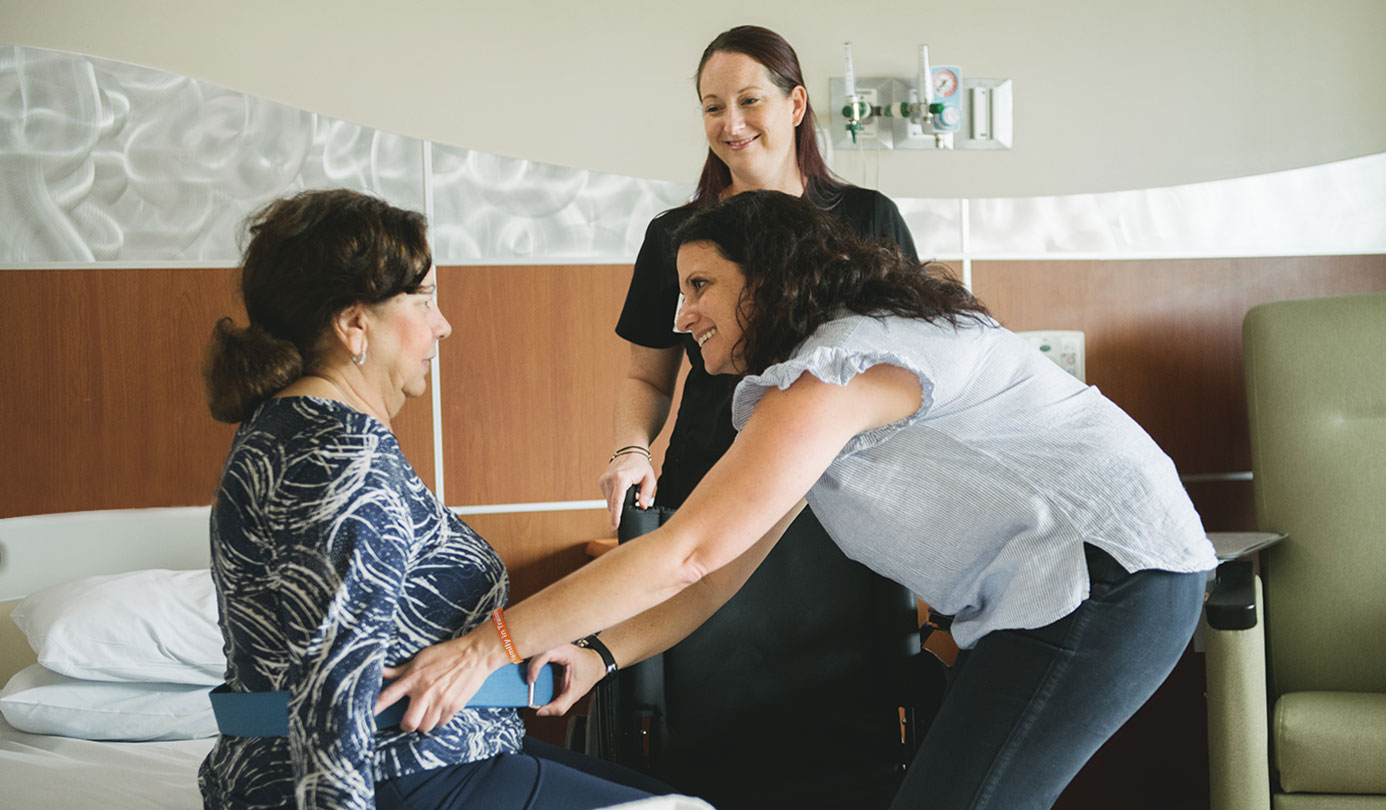
Patient- and Family-Centered Care
We treat patients and family members as partners in healthcare.

